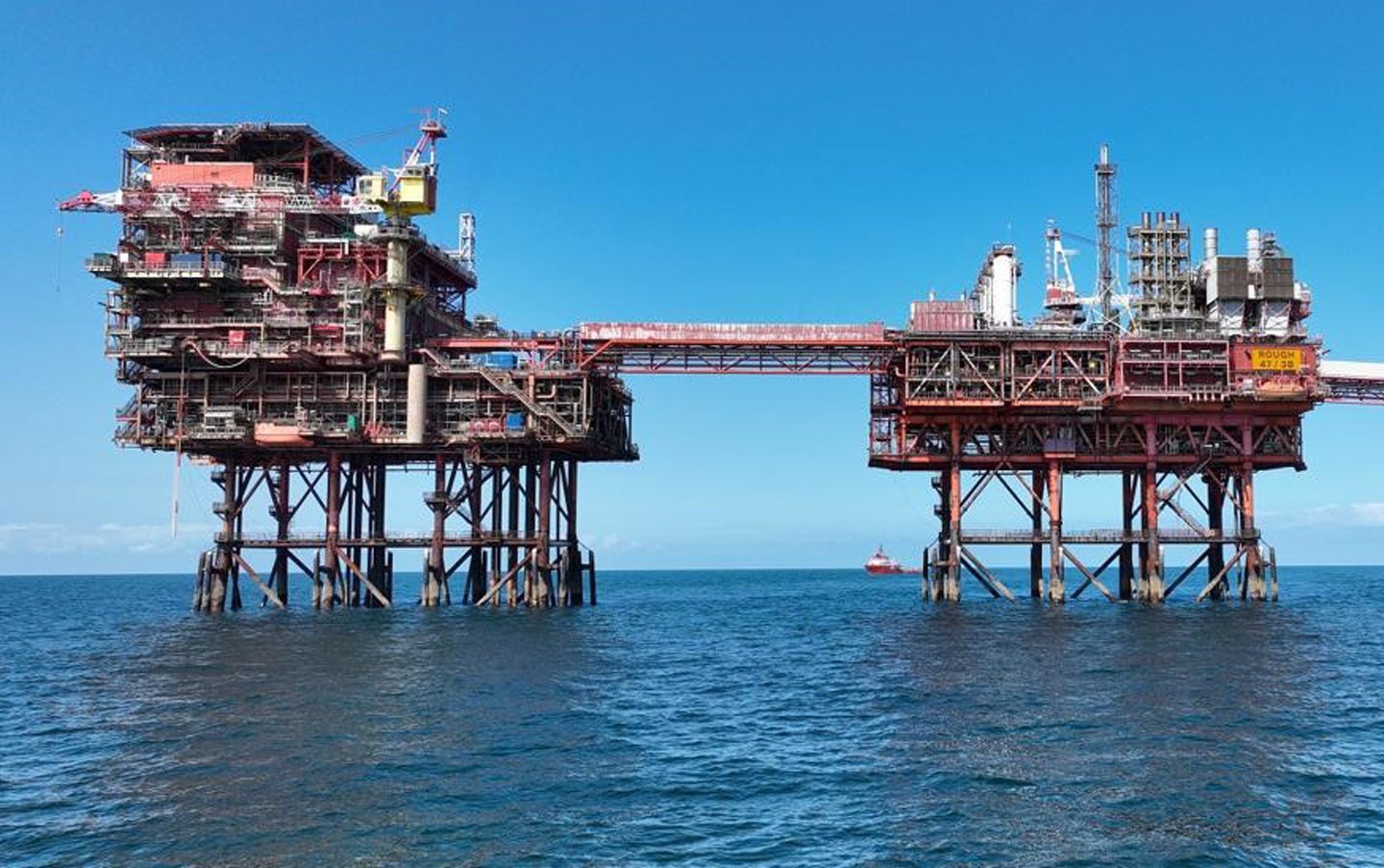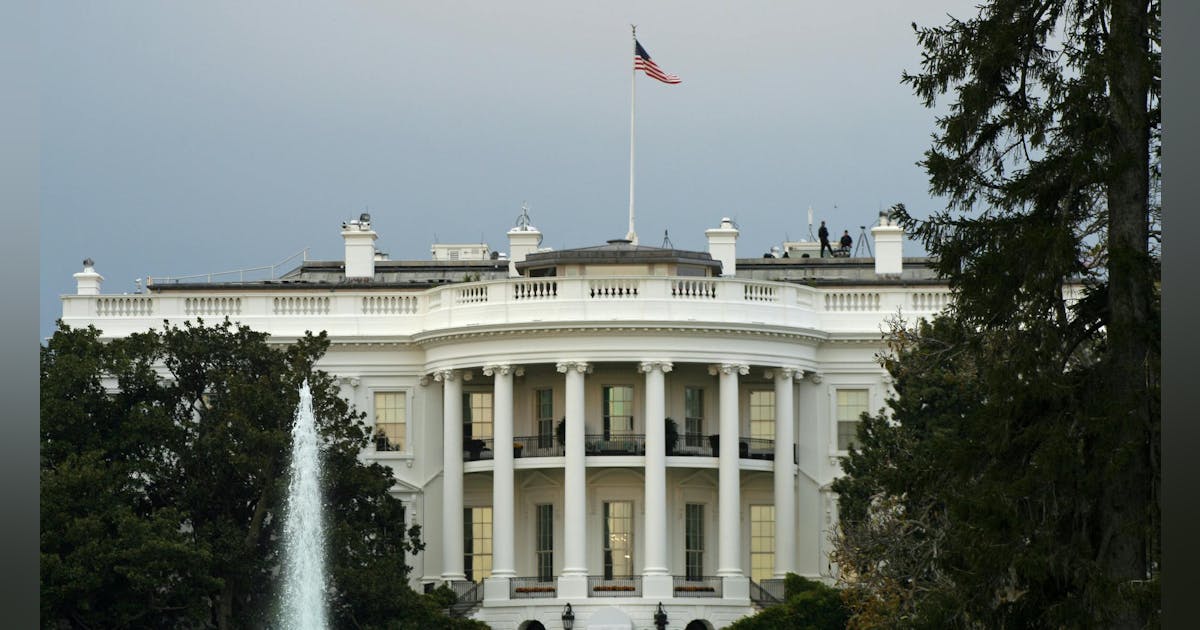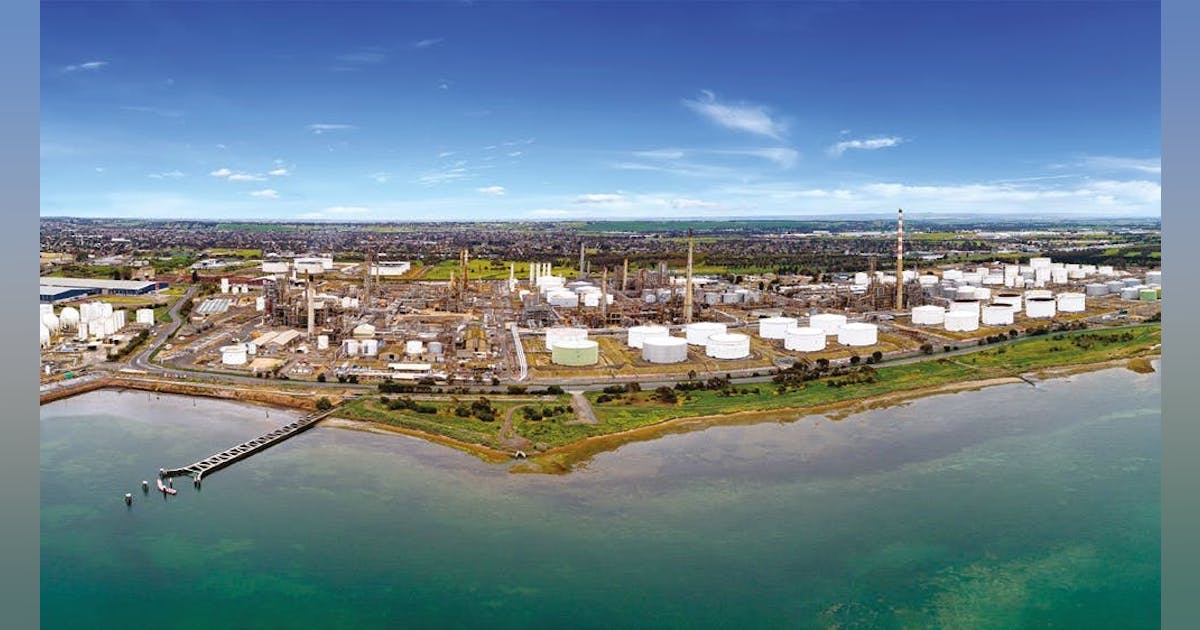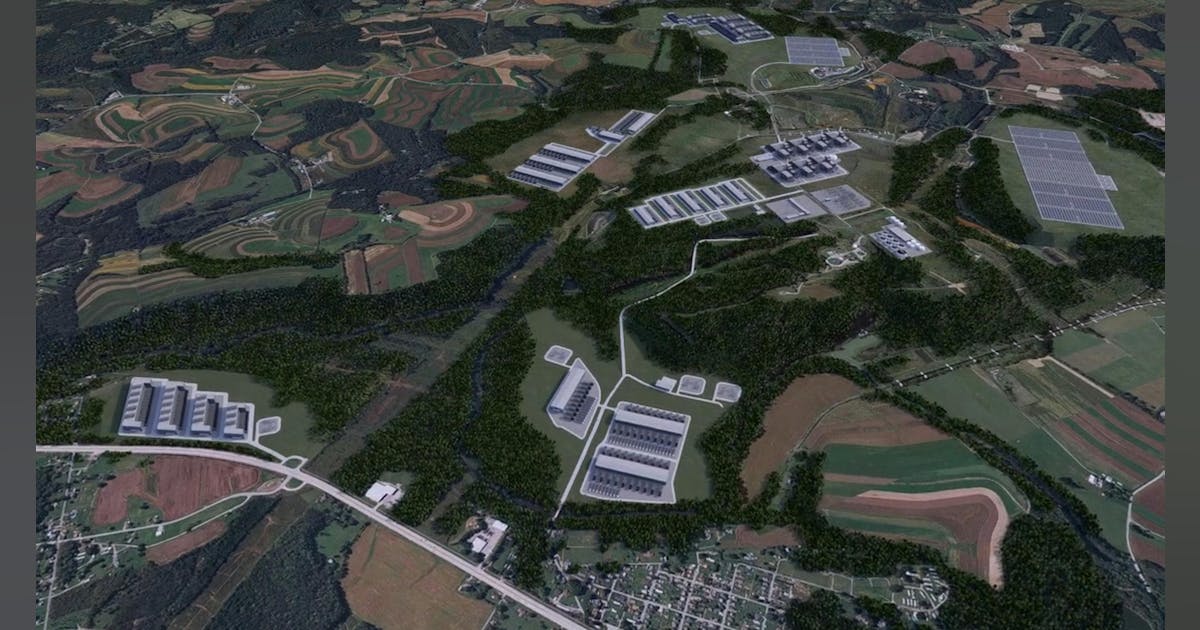
Centrica has ceased injecting natural gas into the UK’s largest energy storage facility, located in the North Sea, which is likely to mean lower gas reserves this winter.
The company is believed to have stopped refilling the Rough gas storage facility off the Yorkshire coast this month, which comprises about half of the UK’s energy storage capacity.
Centrica warned in December that the Rough facility was making a loss of between £50m and £100m for the Centrica Energy Storage+ business division. The company has indicated that the storage facility, which was reopened in 2022 due to the energy crisis to plug demand, was not financially viable in prevailing market conditions.
British Gas owner Centrica has said that it needs a cap-and-floor mechanism to redevelop the facility with £2 billion of its own cash so that it can store hydrogen.
The company has broached talks with government over the future operation of the plant and met with Ed Miliband in March to discuss options for keeping the plant open.
A spokesperson for the Department of Energy Security and Net Zero (DESNZ) said the government is “open to discussing proposals on gas storage sites, as long as it provides value for money for taxpayers”.
Clean power mission boss Chris Stark said at a parliamentary hearing earlier this year in January that the government was considering a regulatory mechanism to support hydrogen storage from around 2030.
Unabated gas is envisaged to comprise up to 5% of the UK’s energy demand by 2030 under a system operator study on the clean power mission.
Its group chief executive Chris O’Shea said on a webinar with analysts at the release of its annual results in February that the company was considering all options for Rough and had not made a decision around its continuation.
The impetus behind the latest halt to injections is thought to be that the difference between the gas prices at which it would inject now and the winter gas price at which it would withdraw is not high enough to make financial sense.
Centrica is not understood to have closed Rough, but the hiatus on injections into the gas storage facility is expected to shrink gas storage capacity this winter.
In June 2023, the company doubled capacity at the storage facility, which used to produce gas but is now used for storage alone since being shuttered in 2017.
Following the emergency extension of capacity at the gas storage facility, it provides six days of storage capacity for the UK as a whole.
The UK’s ability to store gas reserves is significantly less than other countries and mainland Europe, at just 12 days of capacity compared to 89 days in Germany and 103 in France.
This coming winter, the UK’s reserve gas capacity is expected to be materially lower than for the last two winters.
At the time of reopening Rough for gas storage in October 2022 it was able to store approximately 30 billion cubic feet (bcf) of gas, but further investment meant the facility was able to store up to 54 bcf of gas.
The company said it reached a record fill level in November 2024, the fullest it had been since reopening in 2022.
Centrica is expected to keep operating the facility while embarking on a redevelopment that would involve drilling new wells and installing a new platform.
The company began to decommission a disused platform at the Rough gas storage facility in December.
A DESNZ spokesperson said: “Our mission to make the UK a clean energy superpower is about improving our long-term national energy security by replacing our dependence on fossil fuel markets with clean homegrown power that we control.
“The future of Rough storage is a commercial decision for Centrica, but we remain open to discussing proposals on gas storage sites, as long as it provides value for money for taxpayers.”






















